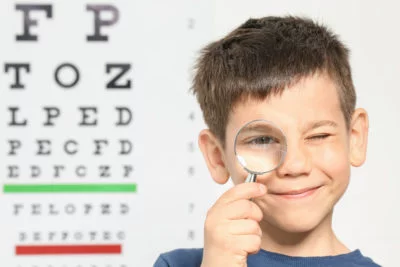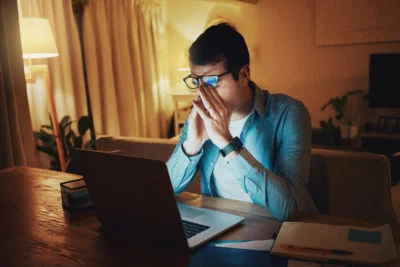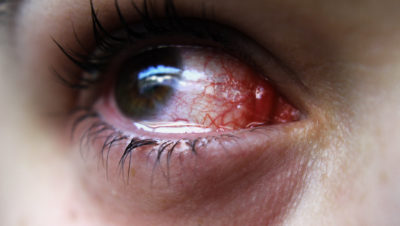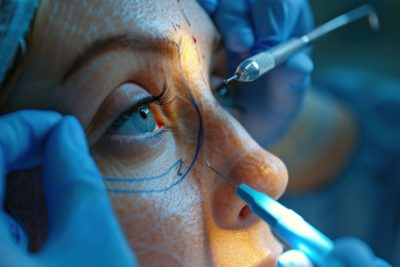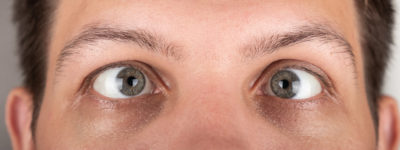It was the first eye checkup for 8 year old Samaira. Her parents had been noticing her holding the book very close to her face. Her mom, who also got glasses around the same time in her childhood, didnt want to delay her eye checkup. A lot of indoor time along with online classes made her worry that Samaira too might have got glasses.
Her doubt was confirmed when Samaira was seen by a paediatric ophthalmologist and prescribed a glass power, the next day.
Samaira’s mom was more worried about the health of her eyes.She asked the doctor what other precautions can be taken so that the number doesnt increase.She had also heard about the blue filter glasses from a colleague.
The doctor smiled and said, it seems like everyone is talking about blue light these days and why not? The screen time has increased for everyone, kids and adults alike.
But actually blue light is just one color in the light spectrum that we’re exposed to on a daily basis.Even the sun and indoor lights have some level of blue light.
What is blue light anyway?
To start with,blue light doesn’t actually appear blue to the naked eye.Blue light is the portion of the visible light spectrum with the shortest wavelengths (400 to 500 nanometers or nm) and with the highest energy, hence it is often referred to as high-energy visible (HEV) light.
The eye does not block blue light well. The cornea and lens block UV rays from reaching the back of the eye (the retina). Blue light passes through these structures and can reach the retina.
What does blue light do to your eyes?
Our eyes are constantly exposd to blue light from ambient sunlight, computer screens, tablets and mobile phones.The brain associates blue light as daytime, so if a person is exposed to blue light for long periods of time during the night, blue light makes it more difficult for us to fall asleep at night and wake up in the morning.Late-night screen time throws off sleep patterns, because blue light affects melatonin (the sleep hormone) levels.
What are the other effects of blue light?
The blue light disrupts the sleep cycle and circadian rhythm of the body. Kids who have a disturbed sleep cycle tend to be more obese and also they may have mood problems, irritability, anger and lack of empathy.
How do blue light eyeglasses work?
Blue light lenses filter out blue light by blocking the transmission of a specific range of wavelengths.
Blue light lenses are usually a pale yellow tint, while modulating the wavelength impacting circadian rhythm.
Even if you don’t need glasses to see clearly, it’s a good idea to wear blue light blocking glasses when using digital devices especially at night.
What are the other ways to block blue light?
If you are still not sure about the blue filter glasses, then you can try apps or settings built into your phone for the nightlight option. There are also blue light screen filters that fit directly over your monitor, and blue light filtering lightbulbs that automatically filter out blue light at night.
Samaira’s mom was more than happy to be educated by the right person. She couldn’t stop thanking and also assured the doctor, about Samaira’s regular follow-ups. It was a flying kiss from little Samaira which made the doctor’s day as Samaira left, all excited to select the first frame for her eyeglasses in her favorite blue color.
